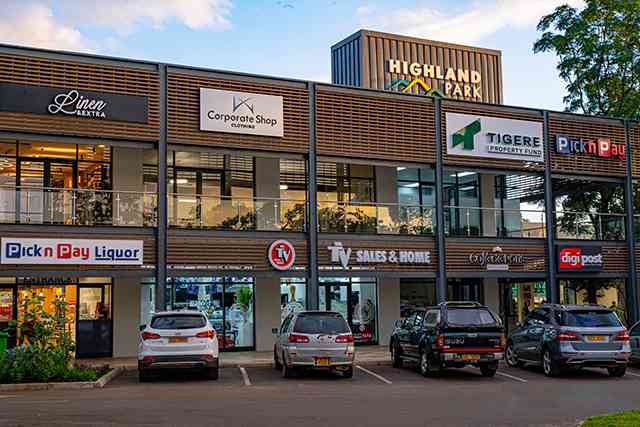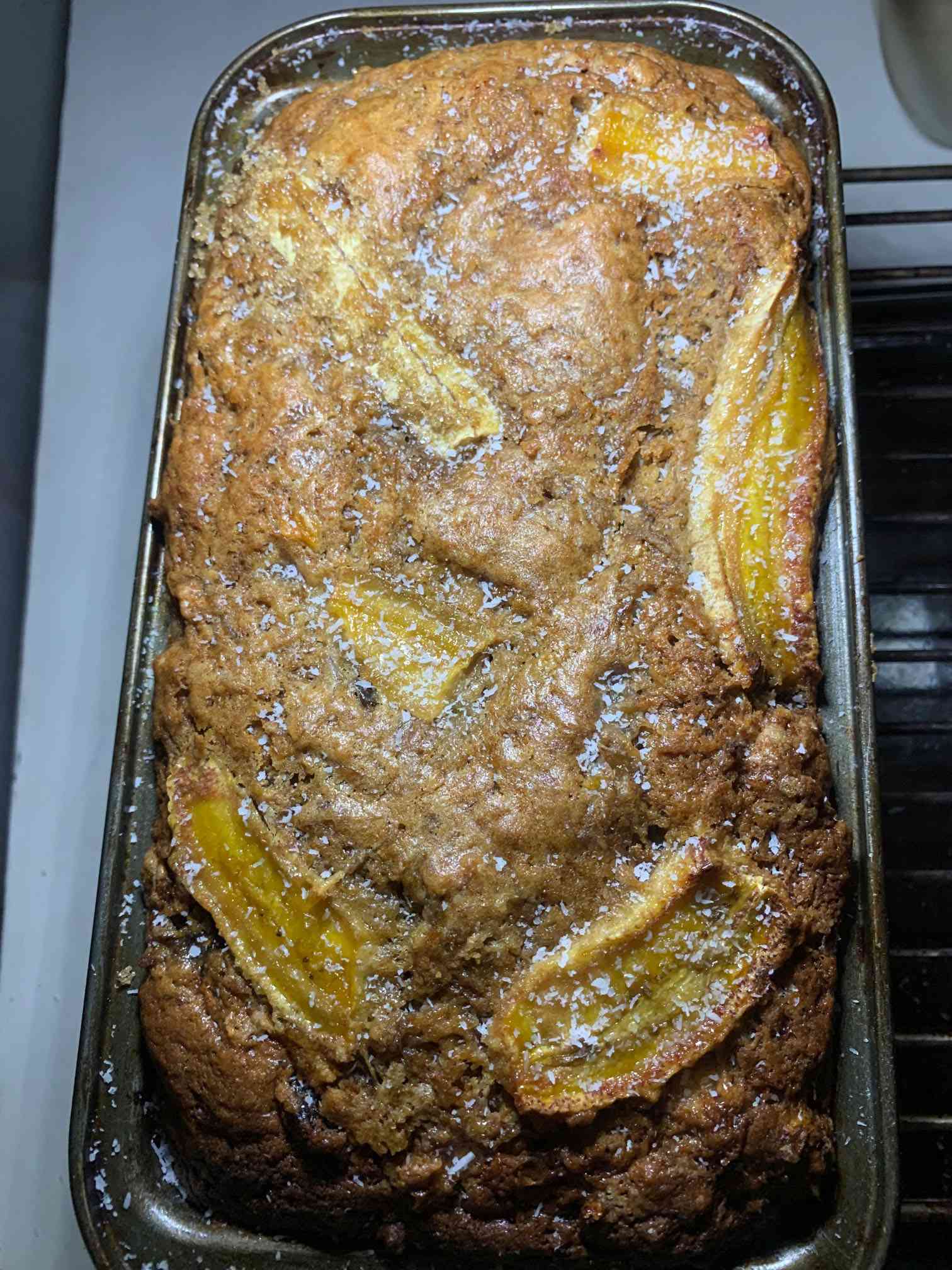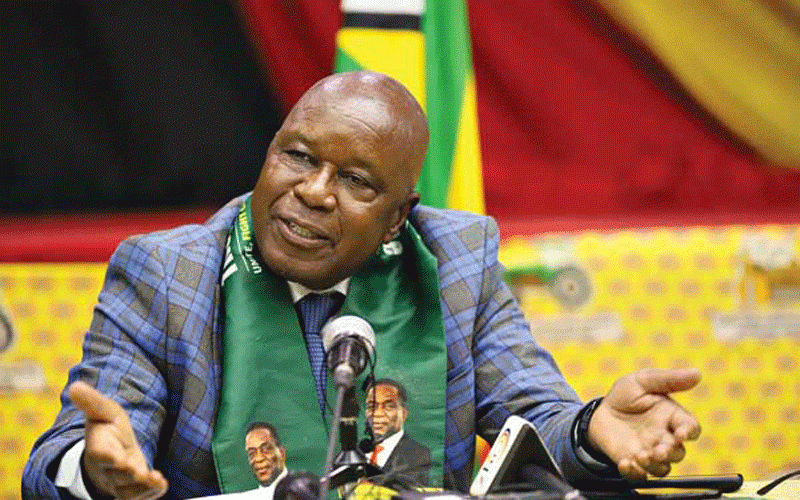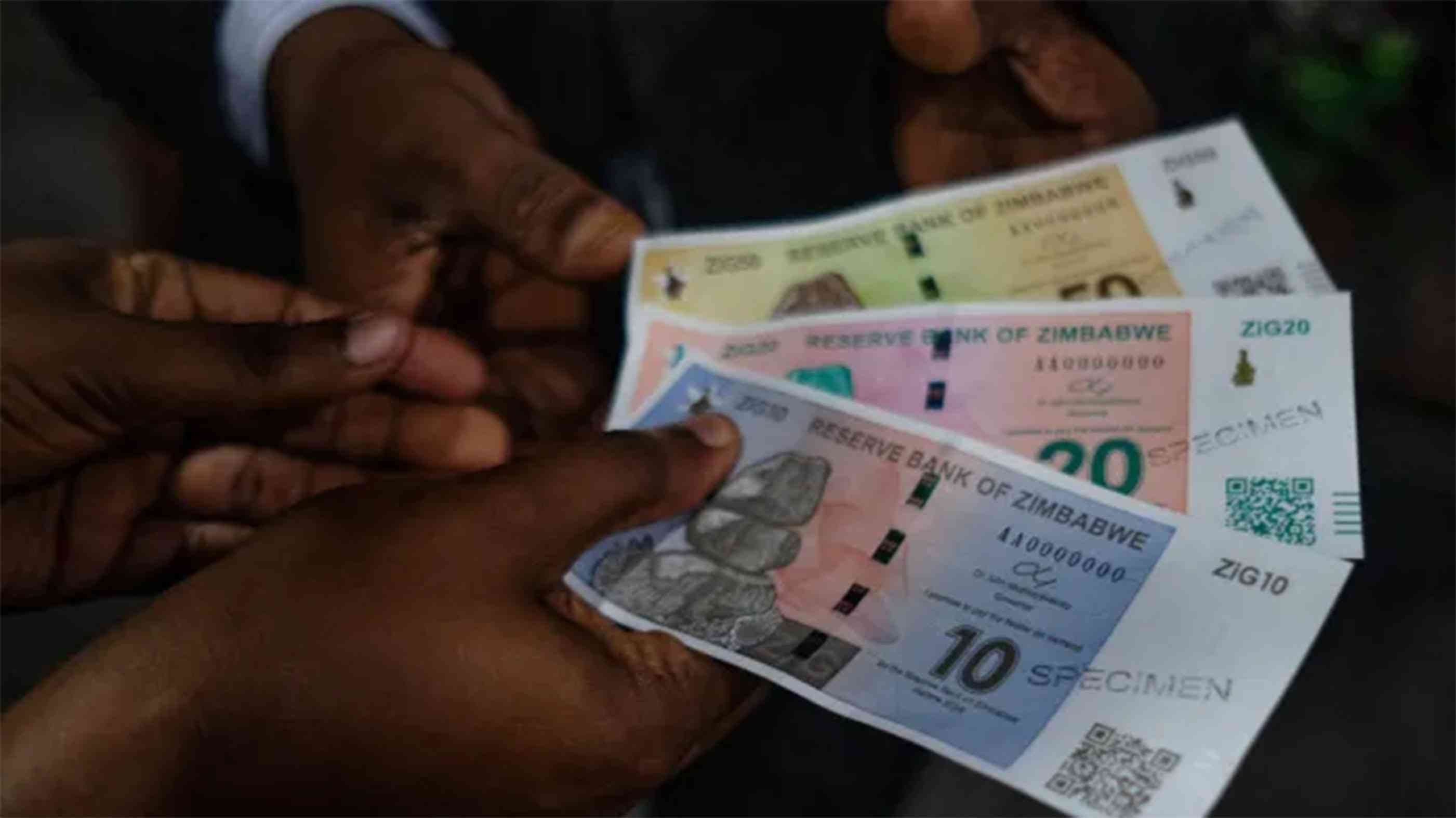
THE first-ever listed Real Estate Investment Trust (REIT) in Zimbabwe projects to double the size of the property fund in the next two years.
Currently, the fund has two projects, namely Highland Park Phase 1 and Chinamano Shopping Centre. Its net asset value is US$22 million.
Management believes that this could grow to US$50 million by the end of FY25 and further double to US$100 million within five years.
Tigere REIT was introduced to the Zimbabwe Stock Exchange (ZSE) late in 2022 and its claim to fame was hinged on its ability to offer consistent USD cashflows every quarter, albeit being a ZWL asset.
It also went on to be the first listed security on ZSE to offer USD-denominated financial accounts, something that was characteristic of the Victoria Falls Stock Exchange (VFEX)-listed companies.
Tigere REIT has since kept its unit holders captivated, and this ambitious growth agenda is the latest offering.
A Real Estate Investment Trust is a vehicle that either owns property or owns land to develop property and raises capital from investors to construct and in turn, give out units to the investors.
The latter is a developmental REIT and we currently do not have any operating in the country. The former is an income REIT and Tigere falls under that category.
- Inaugural Zim investor indaba highlights
- Stop clinging to decaying state firms
- ZB explores options to tackle inflation
- Zim operations drive FMB Capital
Keep Reading
Frontier Real Estate Development, the promoter and one of the significant unit holders of Tigere REIT, handles the developmental aspects of the value chain and the REIT has the right to then acquire the assets into the REIT.
Amongst the developments that have been done by Frontier Real Estate Development in the country are Village Walk in Borrowdale and Marondera Main, together with Highland Park and Chinamano Shopping Centre.
The promoter is also present in other markets in the region including Zambia and South Africa amongst other countries. The phase 2 of Highland Park was completed towards the end of 2023 and the REIT is currently trading under caution, as the manager is exploring bringing it into the fund.
Phase 1 is currently operating at full capacity, and other units like ATMs that were not part of the original plan have since been added.
From a fund operation perspective, the phase 2 of Highland Park is envisaged to benefit from economies of scale since it is physically next to the phase 1.
Investors or unit holders are expected to benefit from the higher yields as a result of adding new properties, something often described as a yield-accretive transaction in the field of finance.
This is because of the synergy advantages, where similar costs like management can be shared by both properties and no additional ones are incurred.
Besides the tax issues, REITs also differ from Real Estate Operating Companies (REOCs) in the sense that they distribute a huge portion of their earnings to their unit holders and the minimum distribution in Zimbabwe is 80%.
Although this appears to be a positive thing for investors with consistent cashflow needs, it poses a bit of a challenge when the REIT wants to embark on new projects like acquiring properties in this case.
The options that the REIT manager has to finance the expansion include borrowing. Currently, the fund is unlevered and may consider borrowing to fund expansion.
The decision to borrow is usually affected by a number of considerations, from a number-crunching perspective makes sense when the cost of debt is less than the cost of equity.
Currently, the cost of debt in the country is high and that will subsequently affect the dividends distribution since the REIT will need to repay the debt.
Another option of the fund manager’s desk would be to use the other 20% that is required to be distributed to unitholders. A quick browse through the annual report of the REIT will tell you that Tigere distributed 90% of net income so effectively we are talking about 10%, which I do not think will be enough for any meaningful acquisition.
This leaves the rights issue as the most practical option. A rights issue, in the simplest form, is when the REIT approaches its unit holders to finance the acquisition of the property.
Unit holders are given a right to buy new units in the REIT at proportions related to their current holding. This is done to avoid dilution, which is where one used to own 1% of the fund, now owns less because new units were issued and purchased by other investors.
However, if unit holders fail to take up their rights, they are likely to be diluted as the fund will offer the units to other potential and existing investors.
What is interesting is that since Tigere is currently a Zimbabwe dollar (ZWL) asset and has been dishing out USD dividends, which currency will it choose to have its rights offering, should it choose to?
Precedence has been set already by other ZSE-listed counters that wanted to raise foreign currency although on a local currency denominated bourse.
It is, however, important to remember that in those transactions, the rights issue was linked to a specific foreign currency-denominated obligation that needed to be extinguished. However, they ended up allowing the local currency investors to participate.
Management also highlighted that the US$50 million NAV will not only be achieved by adding Highland Park Phase 2. In the pipeline of projects by the promoter is also Greenfields Retail Centre, in partnership with Zimbabwe Agricultural Society.
A phase of his property is expected to be brought into the fund later next year as well. The pipeline also has other projects outside the capital although they are currently in the planning phase.
In conclusion, the REIT has done relatively well so far looking at both capital preservation and dividend yield.
To investors with ZWL exposure and a total return objective, this is one of the assets that match that profile and the fact that it is operating at capacity and distributing 100% of net income makes it behave more like private ownership in a real estate property.
However, the decision to subscribe to rights or not, should the company explore rights issues, will be determined by the numbers and the currency of transactions.
- Hozheri is an investment analyst with an interest in sharing opinions on capital markets performance, the economy and international trade, among other areas. He holds a B. Com in Finance and is progressing well with the CFA programme. — 0784 707 653 and Rufaro Hozheri is his username for all social media platforms.











